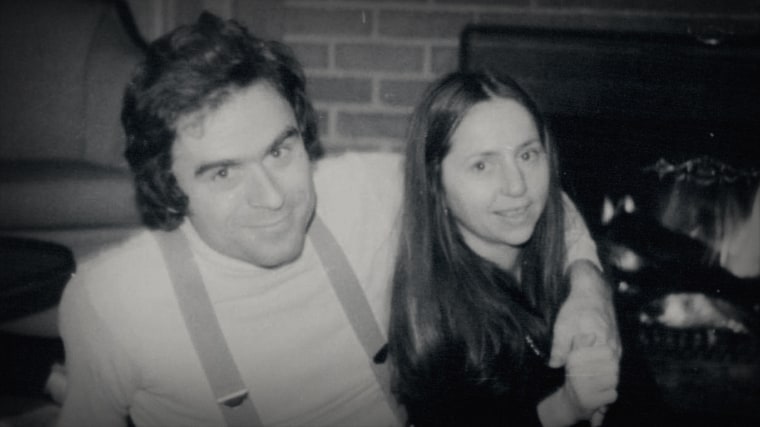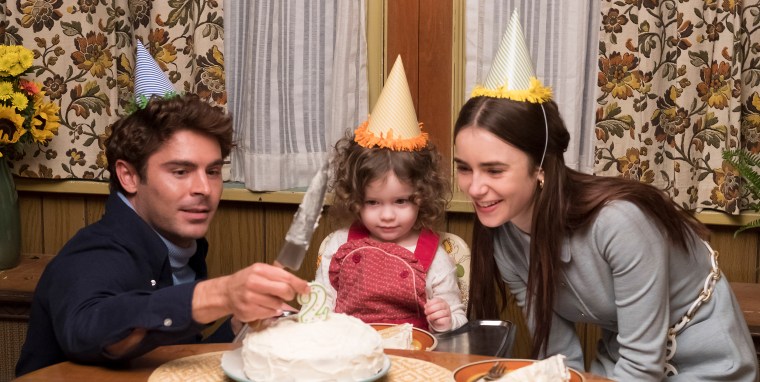For several years now, we’ve been living through a true crime renaissance. Murders and other grisly acts have been rehashed, reconsidered and relitigated to churn out content that is swallowed whole by eager audiences. Podcasts, documentaries and books have become zeitgeisty cultural sensations sparking think pieces, viral hashtags and giddy water cooler conversations. Whether or not a given suspect "did it” is the subject of endless debate.
The compulsion to binge watch, listen or read about the lurid details of real-life brutality raises obvious ethical concerns.
And it’s easy to understand why: True crime narratives can be very, very entertaining. But the compulsion to binge watch, listen or read about the lurid details of real-life brutality raises obvious ethical concerns. After all, the victims in these stories were often subjected to unspeakable horrors which their loved ones never imagined might one day be transformed into a pop culture phenomenon. As most true-crime devotees will admit, no small part of the genre’s intrigue boils down to voyeurism — there is something undeniably gripping about exploring the psyches of people driven to do depraved things in suspenseful detail.
SIGN UP FOR THE THINK WEEKLY NEWSLETTER HERE
But voyeurism alone isn’t enough, which is where two recent examinations of Ted Bundy miss the mark: They cater to voyeurism with no higher purpose. The Netflix docuseries “Conversations with a Killer: The Ted Bundy Tapes” and the biopic “Extremely Wicked, Shockingly Evil and Vile” (staring a studly Zac Efron, no less) each dive head-first into Bundy’s heinous kidnappings and murder of some 30 young women, with little justification for doing so. There is simply no good reason to re-explore the brutality of Bundy — and even less to humanize him.
The best true crime content manages to balance its more lurid elements with a public interest focus. This is what elevates the discussions beyond the crime itself. “Serial,” for example, pored over a long-dormant Baltimore murder case to explore issues central to the criminal legal system, including plea deals, the shortcomings of presumed innocence and criminal defense. The podcast — which arguably kicked off the most recent true crime resurgence — played a central role in securing another trial for Adnan Syed after casting serious doubt on his 1999 murder conviction.
Similarly, Netflix’s “Making a Murderer” interrogated the problem of coerced false confessions like that of intellectually disabled teenager Brandon Dassey, whose murder conviction was overturned after the series debuted. (The second season digs further into details of the appeals process, including moves by the then-attorney general to reinstate the conviction and block Dassey's release.)
Compare that to the premise of “The Ted Bundy Tapes,” which opens with a journalist who recorded Bundy explaining his murder spree while on death row. “What sort of person could have done these things?” he asks, in the very first scene. The answer is given in the form of a multi-part Netflix special, interspersing Bundy’s recorded testimony with archival footage, interviews and photos that lay out his crimes in excruciating detail. But the series never justifies why the question is worth asking. What use is there in dissecting the personalities of serial killers, anyway?
Nonetheless, “The Ted Bundy Tapes” draws out Bundy’s entire life story, interviewing people who knew him as a child, lingering over old family photos, and probing his budding interest in pornography. When the documentary does discuss the young women he brutally assaulted and murdered, few details are spared: We are shown graduation photos, interview footage with their families and even stills showing blood and human remains — narrated largely using audio of Bundy himself.

It’s impossible to escape the uneasy feeling that women’s pain is being exploited, which seems unjustified given the lack of any structural critique about justice, policing, innocence or much of anything else. And if there was any doubt that the series is purposefully leaning into this macabre tone, Netflix eliminated has marketed the show with a giddy marketing tagline fit for a popcorn slasher flick: “do not watch it alone.”
“Extremely Wicked, Shockingly Evil and Vile,” which debuted this week at the prestigious Sundance Film festival, has meanwhile caught flack for appearing to take things a step further and actively romanticizing its subject. The trailer, featuring dreamy shots of star Efron set to an exhilarating bass beat, had many critics concerned the film might treat Bundy as more of a kooky heartthrob than a serial killer. But whether or not the film portrays Bundy accurately is a less important question than whether we ought to be portraying him at all.
Frankly, the answer is no. There is no justification for commodifying the deaths of murder and sexual assault victims solely for entertainment. There is no productive purpose for any layperson to ruminate on the inner lives of anomalously evil people. There are, however, potentially negative consequences, with some experts believing that media coverage could be linked to copycat crimes.
If so, immortalizing the names and biographies of people like Bundy in service of nothing but popcorn fodder assures potential serial murderers that their memories really will live forever. They may even be played by a former Disney star!
Any serial killer is too many, but we are fortunate to live in a world in which they are extremely, mercifully rare. The only people with any reason to understand the likes of Bundy are criminologists, detectives and psychiatric professionals. The rest of us should simply be relieved that we don’t have to.
